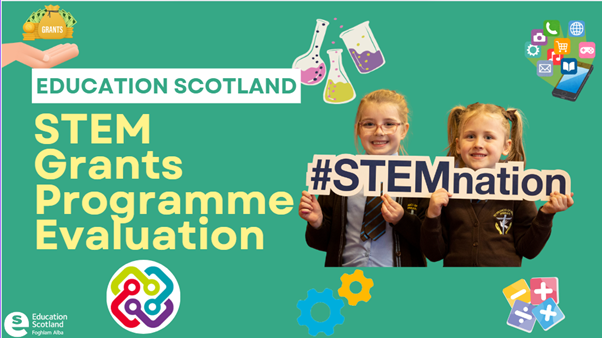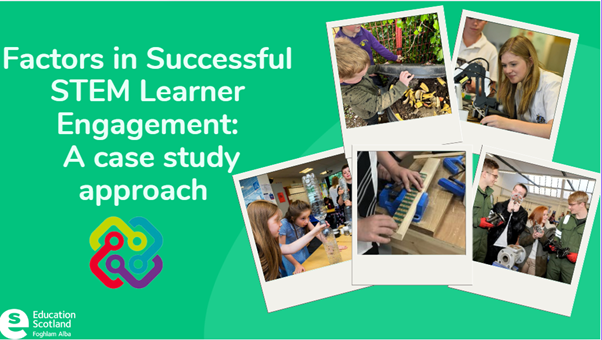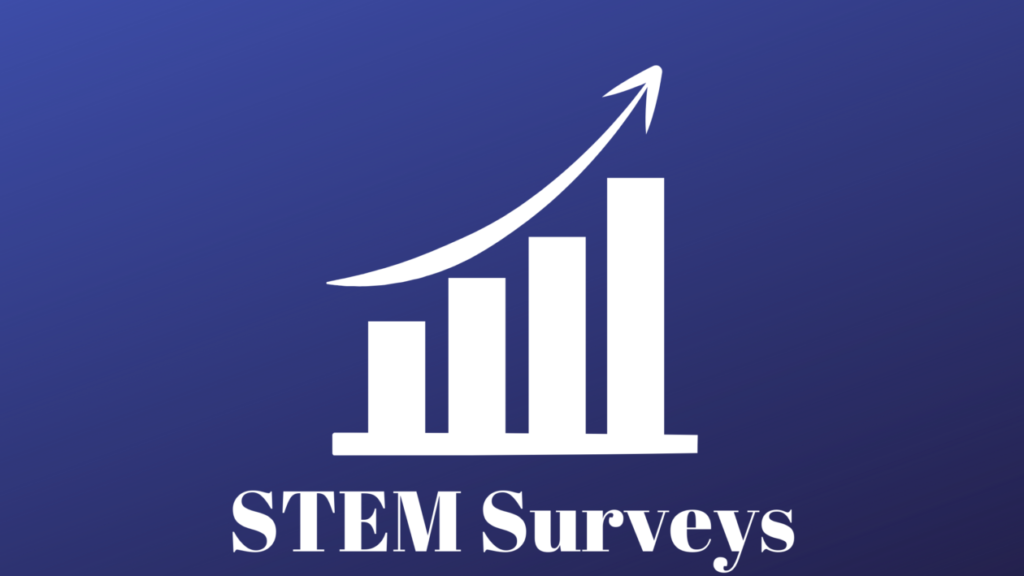STEM evaluation reports
We have published two substantial evaluation reports which demonstrate the positive impact of the STEM grant funding provided by Scottish Government, and which identify the factors in successful engagement in STEM learning. Take a look our key findings highlight videos for each report and read the full reports:
STEM Strategy
The STEM Education and Training Strategy aims to build Scotland’s capacity to deliver excellent STEM learning, and to close equity gaps in participation and attainment in STEM.
Aspires Study Reports – Young people’s science and career aspirations
The ASPIRES study sought to shed new light on our understanding of how young people’s aspirations develop over the 10-19 age period, exploring in particular what influences the likelihood of a young person aspiring to a science-related career.
Further Research

















